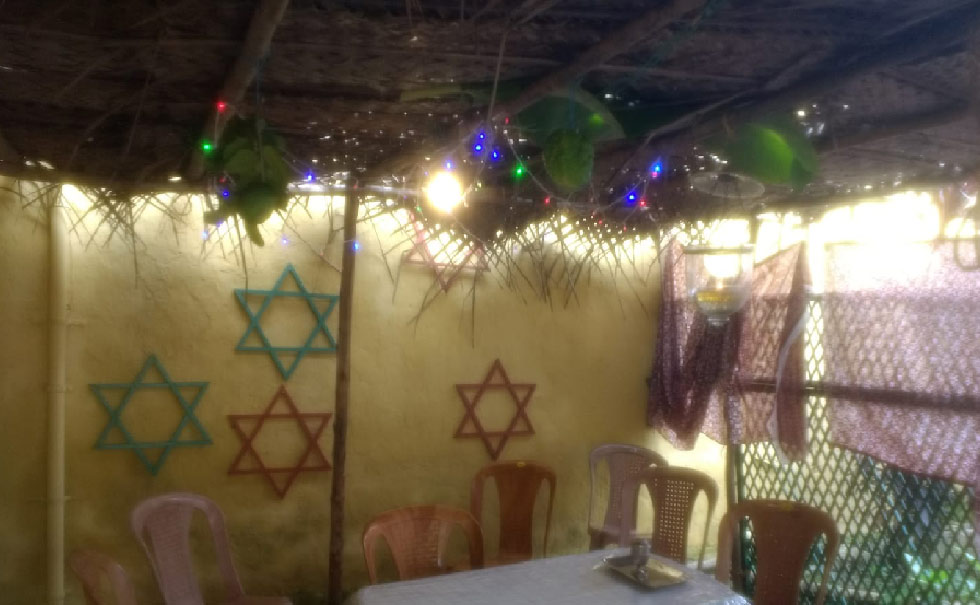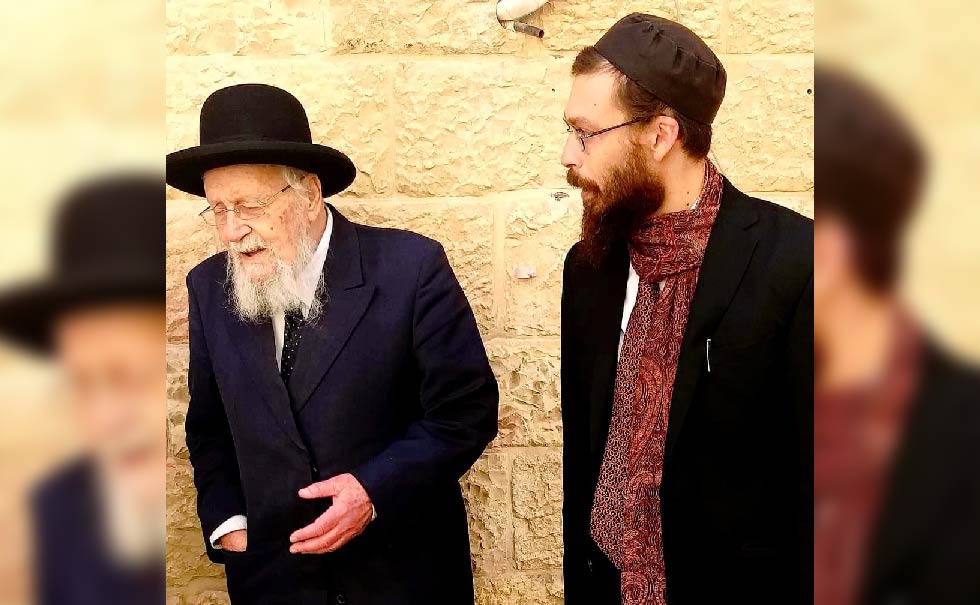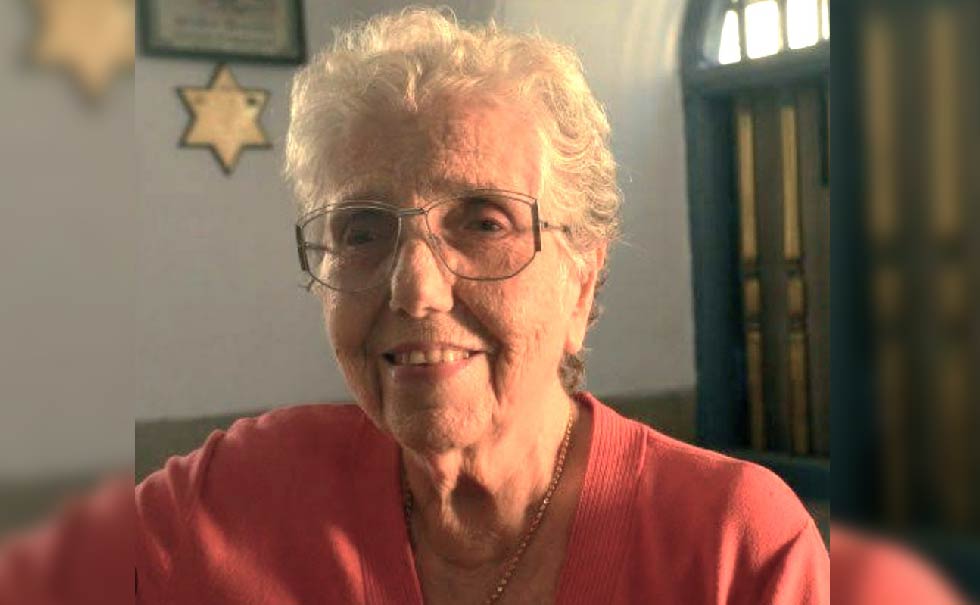A Sukkah for Everyone
Those who study ancient texts and religious practices regularly reach a climatic intersection of thought; we may profess customs, laws, mindsets, and knowledge which is ancient, our immediate existence is always current and drawn into the vogue of modern life.
Although some sects attempt to escape this (with varying degrees of success) by creating societies and ideologies that can only be separatist and shun modern advances to a certain degree, often these absolutists and extremists are forced at times to have interaction – the needs of commerce, medicine, and the effects of geopolitical events affect all but the most separated and extremist communities.
Our lives have gained much from the rise of technology and western capitalism, arguably the best standard of living has been reached in the entire history of humanity in terms of physical affluence, however on the other side of the existential coin is a far greater incidence of depression, divorce, and a deep existential confusion;
“The result is the 21st century has left us with a maximum of choice and a minimum of meaning” (1).
Once I found myself in this exact discussion in a solvent extraction facility for spices in northern India, the man I was conversing with was a traditional Hindu as well as a Ph.D. graduate in Chemistry and regular contributor to the subject of Solvent extraction engineering in terms of building systems that maximize the solvent recapture minimizing pollution as well as cost.
As we spoke he indicated towards the small shrine in his office – the conversation contained the same essential elemental answer; that modern technology can teach us how to live better but cannot provide better meaning; as we spoke we found common ground to explain our approach as follows, he considers himself a modern person with ancient practices that tie him into his cultural history and provide context to his life.
I like to think that the Torah binds us not only to our cultural narrative and history, but also that it connects us to some of the most intrinsic human experiences: the cultural meaning, and the historical veracity of these events are not always the same study; we find ourselves as modern Jews living in 5782 or 2021 encountering timeless experiences that remove us from the context of our current paradigm to connect with the essential human experience – a shared narrative that ties us together with ancient, current, and future members of our people.
Each Shabbat, we briefly escape the all-encompassing digital world that exists simultaneously with our own, symbolically transported back to the time of candlelight. It is a time of human connectivity and togetherness, it is profoundly real and removed from the description of “virtual”; it is “actual” – it is a timeless experience that celebrates the eternity of the Jewish people, by virtue of being involved in such a celebration of eternity, we ourselves become part of those small stepping stones between generations of Jews who have also sat together and made Kiddush in the candlelight; through various eras, cultures, languages, and epochs we have maintained fidelity to eternity that has granted us a cultural shelter from whatever storm of modernity has transfixed society.
During Pesach where we eat the most simplistic bread that is not even given time to ferment and rise and celebrate instead freedom: the rising of individuals and even a whole people from the shackles of slavery.
On Rosh Hashanah where we sound arguably one of the most prehistoric instruments that are known to humankind (2), without a discernable scale or key it manages to call to our heart and arouse emotion as according to the Kabbalistic sources it mimics the cry of the soul itself (3).
On Sukkot where we build an extremely primitive structure and dwell within it to remember a time when our nation was collectively without a permanent dwelling:
As we move literally into the Sukkah, we celebrate something so vitally intrinsic; we build the most basic dwelling and then invite others to join in a feast to human freedom. At a time when many of us are living with rental agreements and live in the shadow of debts (4) we lack this certainty of an abode, considered as one of the most basic requirements of human existence.
On the festival of Sukkot however, we celebrate the ideal of liberating mankind from homelessness and on a metaphorical level also providing a dwelling for the Divine presence of Hashem (called in Hebrew, the Shechinah) to rest with us, as an honored guest.
These disparate ideas become tied together in a direct sense, for in the manner that we treat people is reckoned as achieving or failing in our larger spiritual mission, an idea underscored throughout the Tanach and especially by the patriarch Abraham:
This idea is brought in the Midrash: In the merit of Abraham’s inviting his guests to “recline yourselves under the tree”, (6) Hashem in return gave shelter to his descendants in the desert granted them the Mitzvah of the Sukkah (7):
It should be a source of great pain for us to consider that the temporary dwellings that we celebrate our freedom in for the week of Sukkot are often substantially better constructed and thus offer more protection from the elements than is available to a great many people (8).
Moreover, we also enjoy a sense of closeness with family and community when an epidemic of loneliness and depression is faced by individuals across society: Our small and temporary dwellings are better and friendlier than many of the world’s poorest individuals whether in a physical or emotional sense and this is a truly terrible truth to consider.
I feel that each of our ancient customs and festivals have a transcendent power because it evokes the most primal emotions, we as a people are always pragmatic, all of our laws except the most intrinsic must be abandoned in order to save a physical life, this concept called in Hebrew, Pikuach Nefesh underpins all religious laws and festivals, dietary requirements, and even overrides (9) the observance of Shabbat aside from three cardinal principles of Blasphemy (worshipping idols), murder, and forbidden sexual relationships.
Having focused first on providing these basic human necessities we are then able to correctly focus on the deeper spiritual content of the festivals and commandments (which is told more often in symbolism ) and enjoy the celebration of our unique culture, we can use our practices and the study of our national fountain of wisdom, the Torah to reach insights into the changing drama of our own lives and consider the correct response as a community to the experiences of our time, ultimately drawing ourselves and each other closer to Hashem.
Should we forget these essential human experiences and become lost in our modernity we ultimately become disconnected from Truth.
We may lose the sense of ourselves and our own important pursuit of personal meaning, we should also not forget that if our crisis is but existential, that we lack understanding of who we are; we should turn our attention to those whose existence is threatened by war, hunger, or lack of shelter;
For we may discover that what provides this meaning that has thus eluded us is not the quest for some abstract truth but rather regular practice of loving kindness to others.
Rabbi Jonathan Goldschmidt 2021 ©
(1) Not in God’s name – Rabbi Jonathan Sacks 2015
(2) recent studies suggest that bone flutes are in fact amongst the oldest musical instruments, leading to the logical assumption that the Shofar which does not additional holes for notation and other required steps of shaping to produce tonalities would be predicted to be significantly older – Dr. Conard at The University of Tübingen has written on the finding of 35,000-year-old bone flutes in Europe:
Nicholas J. Conard, Maria Malina & Susanne C. Münzel.
New flutes document the earliest musical tradition in southwestern Germany. Nature, June 26, 2009
(3) Tikunei Zohar; Tikkun 21 (page 42a)
(4) Governments, companies, and households raised $24 trillion last year to offset the pandemic’s economic toll, bringing the global debt total to an all-time high of $281 trillion by the end of 2020, or more than 355% of global GDP – (Institute of International Finance 2021).
(5) Genisis:18:1-5
(6) Midrash Rabbah, Genisis: 48:10
(7) Based on projections by the United Nations undertaken in 2005 – as many as 150 million people were homeless worldwide and 1.6 billion people lacked adequate housing (Habitat, 2015).
(8) See Talmud Yoma 83a-85b, these ideas are based on the scriptural verses:
וּשְׁמַרְתֶּ֤ם אֶת־חֻקֹּתַי֙ וְאֶת־מִשְׁפָּטַ֔י אֲשֶׁ֨ר יַעֲשֶׂ֥ה אֹתָ֛ם הָאָדָ֖ם וָחַ֣י בָּהֶ֑ם אֲנִ֖י יְהֹוָֽה׃
You shall keep My laws and My rules, by the pursuit of which man shall live (for) I am Hashem.
(Leviticus: 18:15).
וָאֶתֵּ֤ן לָהֶם֙ אֶת־חֻקּוֹתַ֔י וְאֶת־מִשְׁפָּטַ֖י הוֹדַ֣עְתִּי אוֹתָ֑ם אֲשֶׁ֨ר יַעֲשֶׂ֥ה אוֹתָ֛ם הָאָדָ֖ם וָחַ֥י בָּהֶֽם׃
gave them My laws and taught them My rules, by the pursuit of which a man shall live.
(Ezekiel: 20:11).
(9) Z.A.K.A. ( in Hebrew: זק”א, an abbreviation for Zihuy Korbanot Ason, (זיהוי קרבנות אסון), literally: “Disaster Victim Identification”, is a rescue team made up of mostly Orthodox Jewish men).
Whilst working in the Haitian capital of Port-au-Prince soon after the earthquake in Haiti (2010) continued to assist throughout Shabbat:
“We did everything to save lives, despite Shabbat. People asked, ‘Why are you here? There are no Jews here, but we are here because the Torah orders us to save lives… We are desecrating Shabbat with pride…”
— Mati Goldstein commander of the Jewish Z.A.K.A. rescue-mission to the 2010 Haiti earthquake.
(https://www.ynetnews.com/articles/0,7340,L-3835327,00.html)




